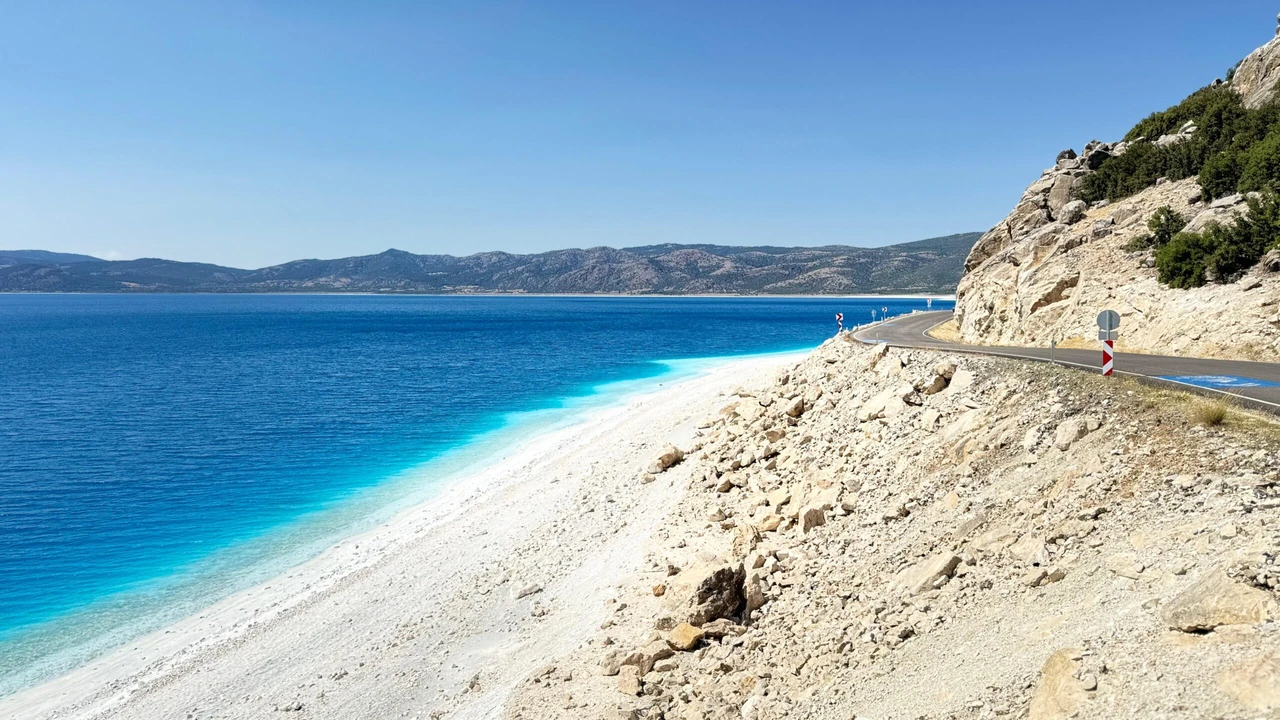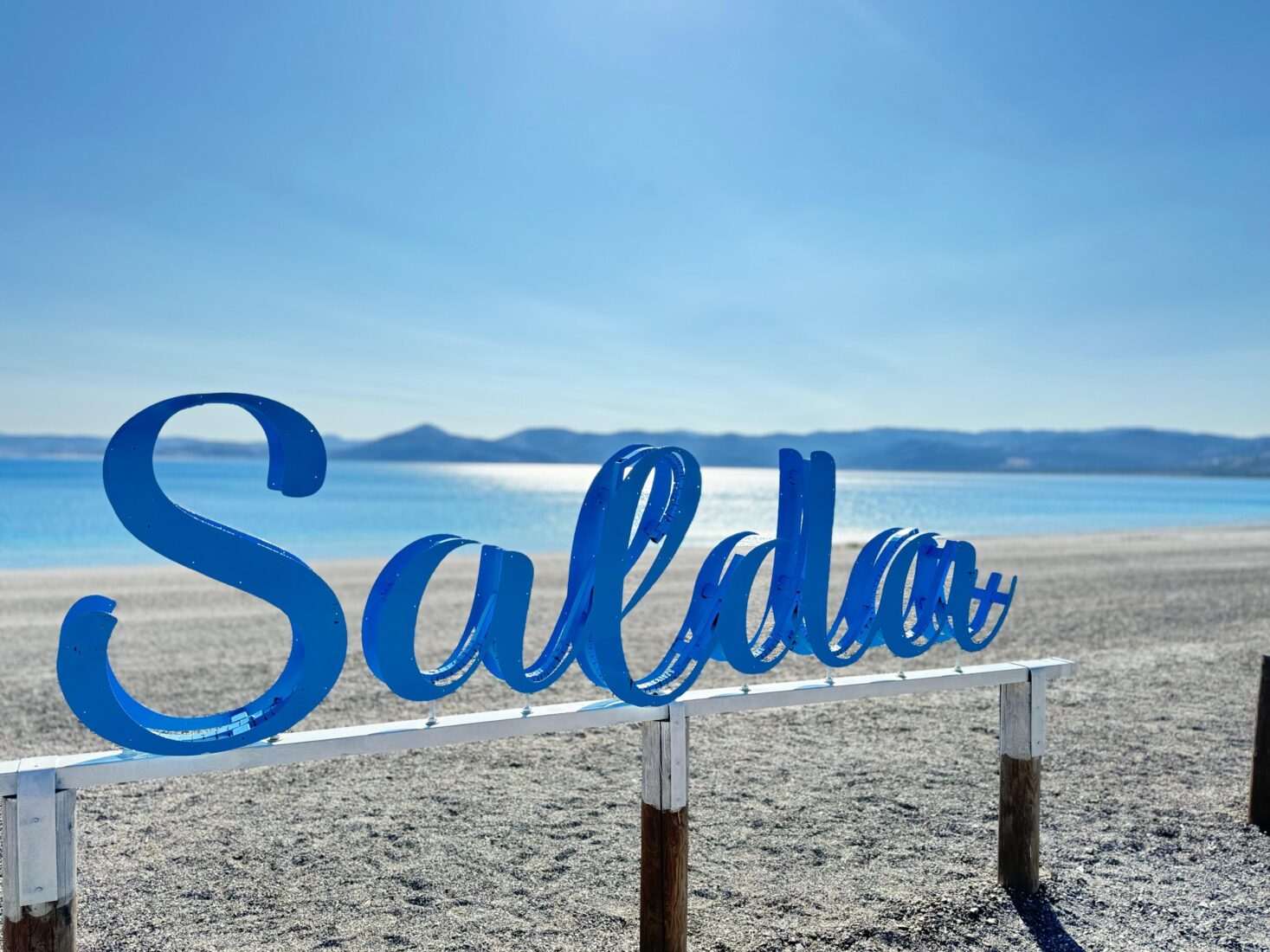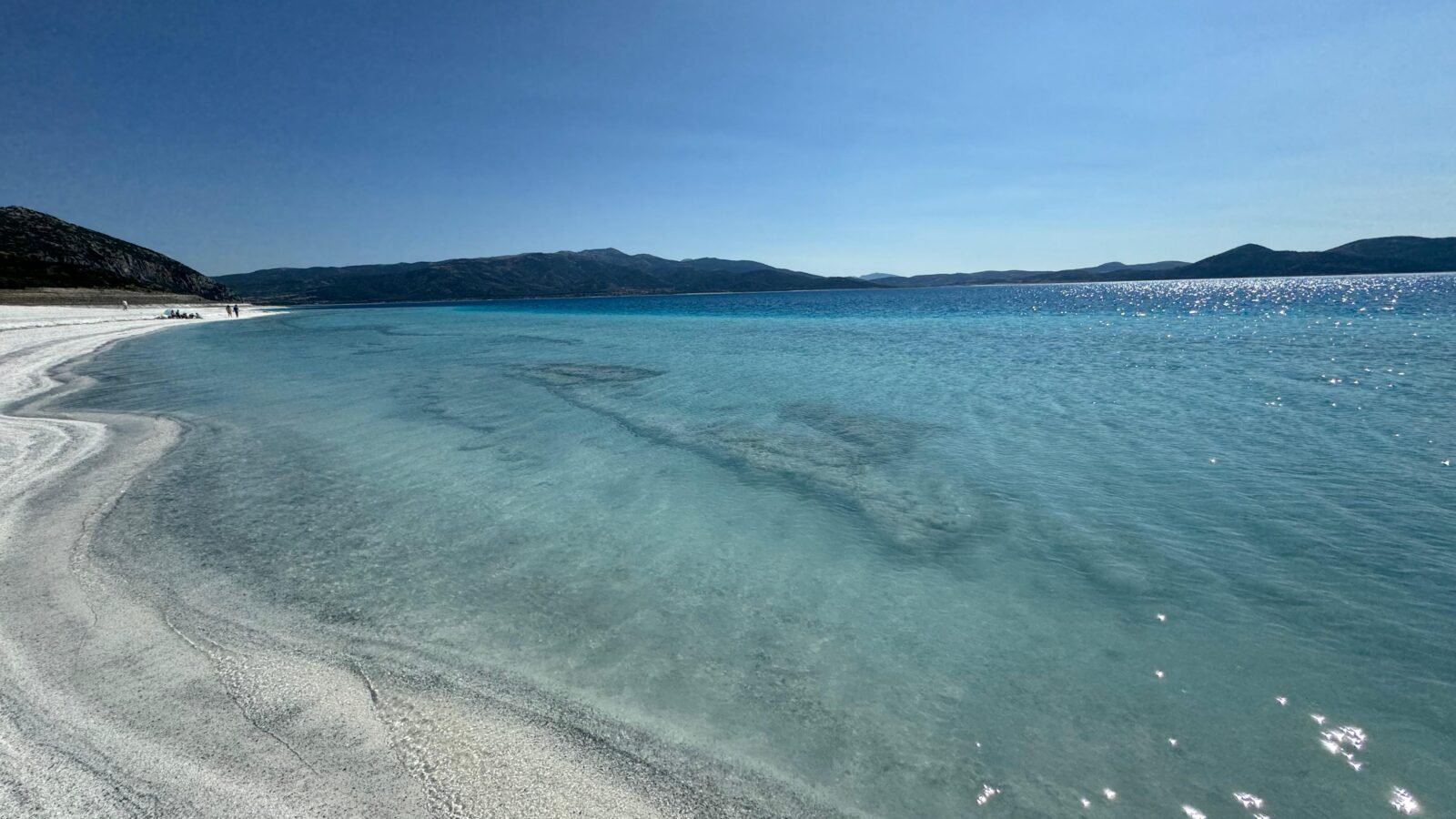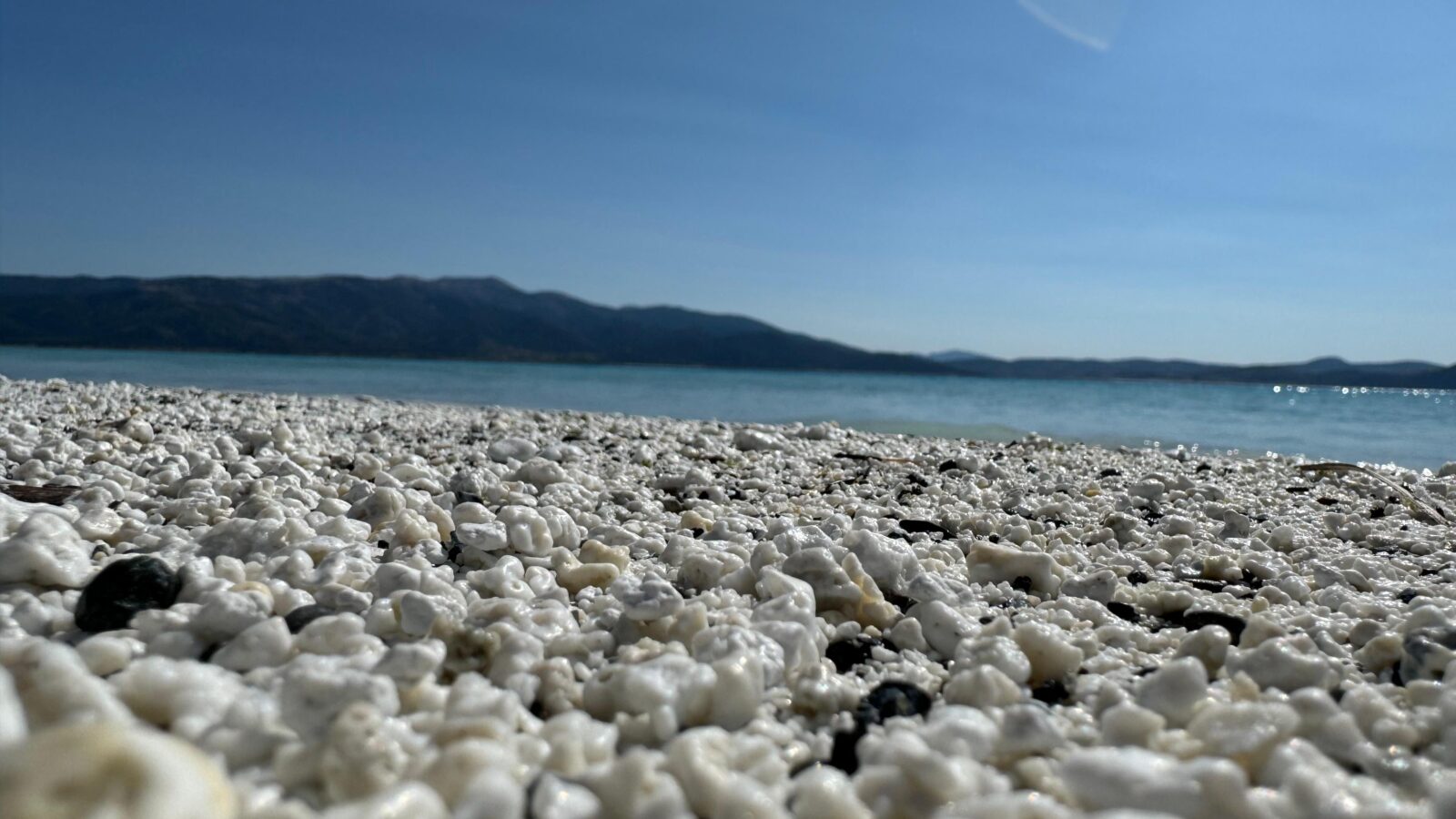Salda Lake earns spot in world’s top 100 geological heritage sites
 Salda Lake, Burdur, Türkiye, August 28, 2024 (AA Photo)
Salda Lake, Burdur, Türkiye, August 28, 2024 (AA Photo)
Salda Lake, nestled in Türkiye’s Yesilova district of Burdur, has been recognized as one of the world’s top 100 geological heritage sites.
The announcement was made at the 37th World Geological Congress in Busan, South Korea, marking a significant milestone for the preservation of this natural wonder.

Milestone for Türkiye’s natural heritage
The International Union of Geological Sciences (IUGS), with UNESCO’s backing, curates this prestigious list every two years. This year, Türkiye had two contenders: Salda Lake and the Nemrut Caldera in Bitlis. However, only Salda made the cut, a decision that sparked both pride and inquiry among the country’s geological community.
Nizamettin Kazanci, vice president of the UNESCO Türkiye National Commission and president of the Geological Heritage Preservation Association, emphasized the significance of this achievement.
“Salda Lake’s inclusion is a testament to its unique geological importance. While Nemrut didn’t make it, this doesn’t diminish its scientific value. We intend to investigate why it was not selected, though it’s possible that the list already includes similar volcanic features.”

Salda Lake: Earth’s Martian twin
Salda Lake has long fascinated scientists and tourists alike. Often dubbed “Earth’s Martian Twin,” it’s one of the few places on Earth with conditions analogous to those found on Mars billions of years ago. This connection has made it a subject of scientific curiosity and a crucial part of planetary studies. The lake’s inclusion on the list underscores its importance not just to Türkiye but to the world.
Kazanci shared that the team proposed Salda for the list due to its unique sedimentary features, which have now been documented in a forthcoming book. He also highlighted that the lake’s newfound recognition would undoubtedly boost its profile internationally.

Balancing tourism with conservation
While this acknowledgment is a cause for celebration, it also brings with it a renewed responsibility to protect Salda Lake. “Being on this list means we must take greater care in preserving Salda,” Kazanci said. The lake has already seen efforts from various governmental bodies, including the Ministry of Environment, Urbanization, and Climate Change, as well as Burdur’s local authorities. However, with the inevitable surge in tourism, Kazanci stressed the importance of sustainable management.
“Salda will likely become a major tourist destination in the coming years. We must ensure that tourism does not overwhelm the lake’s delicate ecosystem. Limiting visitor numbers and educating them on the importance of preservation will be key.”
As Salda Lake embarks on this new chapter, both local and international efforts will play a crucial role in ensuring that its geological significance is preserved for future generations.



